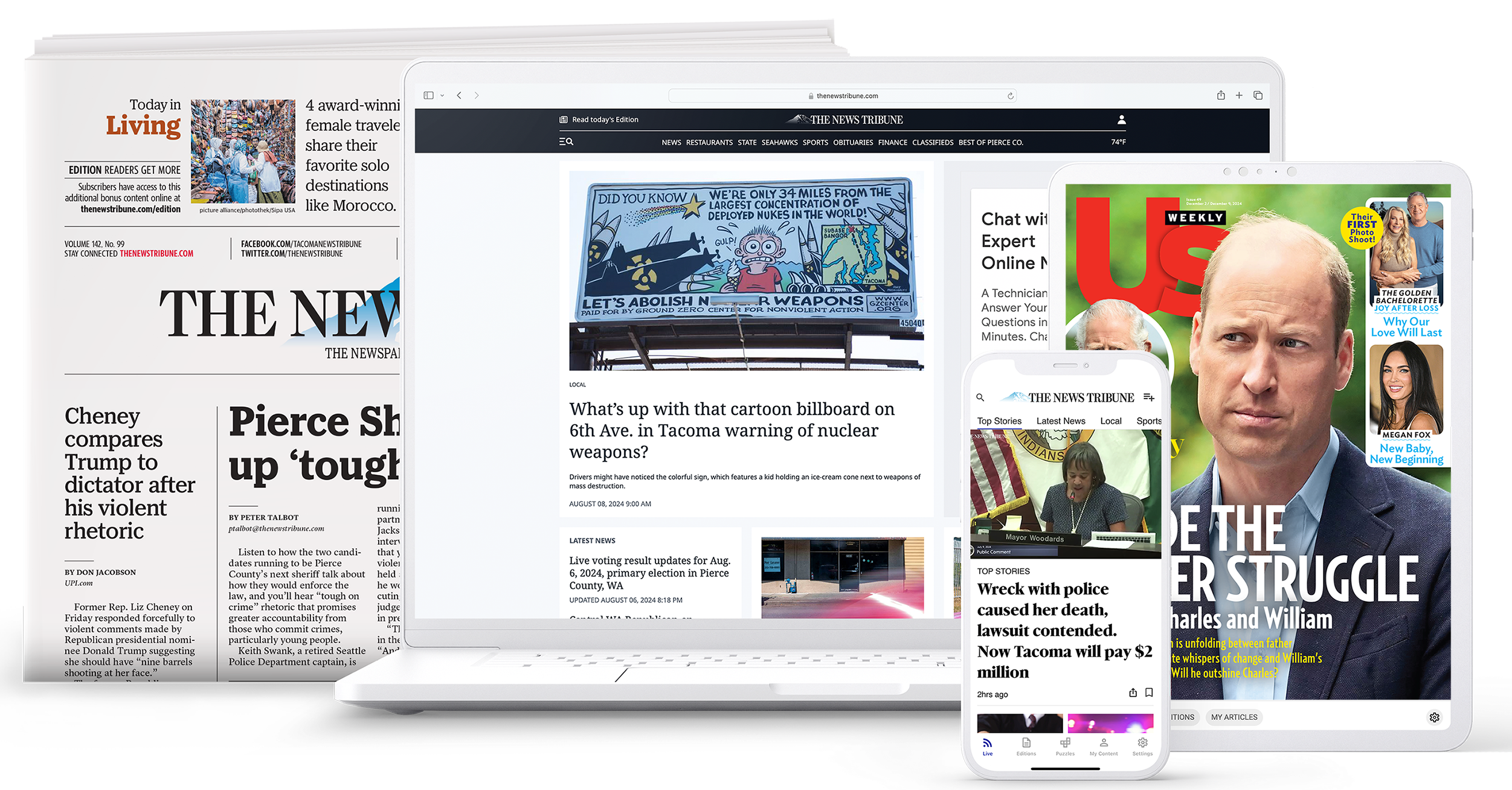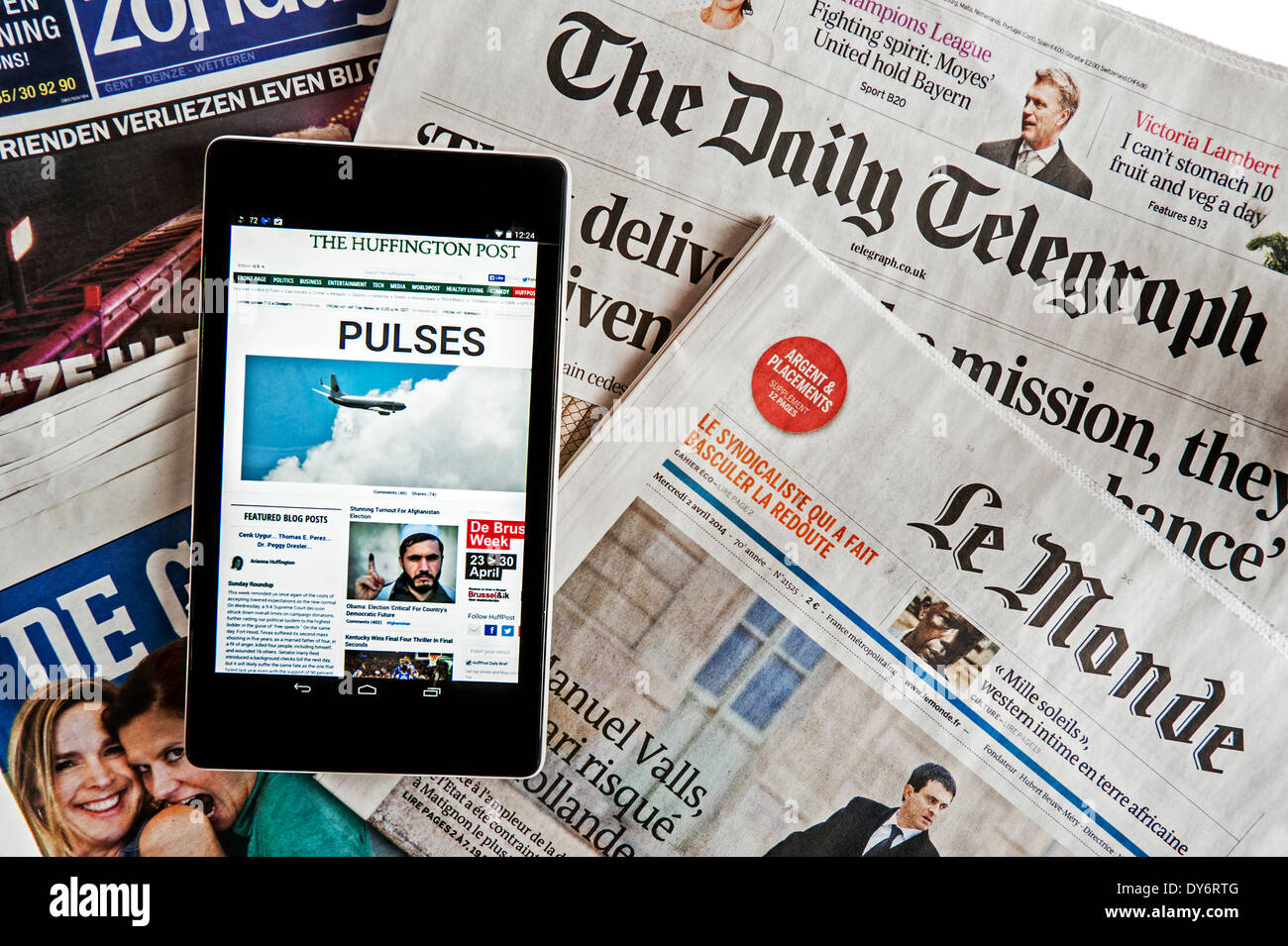How stnews.live Keeps You Updated Faster Than Ever
The Significance of Fact-Checking in the Globe of News Online
The occurrence of false information in today's online news landscape has gotten to startling degrees. Fact-checking companies play a crucial role in combating this pattern. They confirm claims and enhance the reliability of journalism. The performance of these companies frequently pivots on their techniques and public perception. As target markets browse this intricate setting, the ramifications of their searchings for may form the future of news intake and trust. What does this mean for the integrity of details moving on?

The Increase of Misinformation in the Digital Age
Just how has the advent of digital modern technology contributed to the spread of false information? The fast development of the web and social networks platforms has actually helped with the circulation of info at an unprecedented rate. Users can share posts, videos, and viewpoints with a plain click, commonly without confirming the content's precision. Algorithms prioritize marvelous or emotionally billed material, bring about an expansion of deceptive narratives that record interest.
In addition, the anonymity afforded by digital platforms enables people to spread out false details without liability (stnews.live). False information thrives in echo chambers, where users are revealed mostly to point of views that reinforce their ideas, additionally entrenching falsehoods. The saturation of information can bewilder users, making it testing to determine legitimate sources from unstable ones. False information has actually become a prevalent concern in the electronic landscape, influencing public point of view and trust in legit news resources.
The Duty of Fact-Checking Organizations
Fact-checking companies play an important role in enhancing the credibility of journalism by verifying claims made in report. Their efforts are vital in combating misinformation, guaranteeing that accurate information dominates in the digital landscape. By holding media electrical outlets accountable, these organizations contribute significantly to notified public discussion.
Enhancing Reputation in Journalism
While misinformation proliferates in the digital age, fact-checking organizations play an important function in improving the credibility of journalism. These companies meticulously confirm insurance claims made in newspaper article, public statements, and social media sites blog posts, guaranteeing that information disseminated to the general public is accurate and reliable. By providing independent analyses, they offer as a vital source for journalists, assisting them preserve high requirements of integrity. Additionally, their initiatives promote transparency in media, fostering public depend on. As audiences become significantly critical, the existence of reputable fact-checking entities can differentiate dependable news resources from those that may spread fallacies. Inevitably, the commitment of fact-checking companies to maintain truthfulness is important for the health and wellness of autonomous discourse.
Combating False Information Properly
As misinformation remains to spread out rapidly throughout digital systems, the duty of fact-checking organizations becomes significantly essential in the fight for precise information. These companies offer as guard dogs, scrutinizing insurance claims made by public numbers and media outlets to ensure responsibility. By utilizing rigorous research techniques and professional evaluation, they confirm realities and clarify deceptive stories. Their findings are shared with various channels, enlightening the general public and cultivating essential reasoning. On top of that, collaborations with social media sites platforms enhance their reach, enabling prompt flagging of incorrect details. As electronic proficiency grows, the influence of fact-checking organizations is important in equipping audiences to determine reality from falsehood, eventually adding to a much more educated society.
Exactly How False Information Affects Public Assumption
False information greatly weakens rely on media, leading audiences to wonder about the reputation of news resources. Consequently, individuals commonly move in the direction of outlets that reinforce their existing ideas, adding to the polarization of point of views. This dynamic creates a fragmented details landscape, where shared recognizing ends up being increasingly tough to achieve.
Count on in Media

Rely on media has actually come to be significantly breakable in the electronic age, where the fast spread of false information can alter public understanding. As misinformation multiplies across social networks and on the internet platforms, audiences frequently find it challenging to discern credible resources from unstable ones. This unpredictability fosters skepticism, leading numerous people to question the intentions behind news reporting. Count on in established media electrical outlets has reduced, as consumers progressively turn to alternative resources that might lack extensive content requirements. This erosion of depend on not just affects private ideas but also weakens the cumulative capacity to involve in notified discussions. Ultimately, the honesty of journalism is at risk, highlighting the important need for efficient fact-checking to recover self-confidence in the media landscape.

Polarization of Opinions
The boosting skepticism towards traditional media has added to a growing polarization of point of views amongst the general public. False information, usually disseminated via social networks and on the internet systems, plays a significant role fit distinctive ideological divides. People frequently look for out information that aligns with their pre-existing beliefs, enhancing their point of views while dismissing opposing viewpoints. This resemble chamber result heightens departments, causing a fragmented public discussion where consensus becomes increasingly evasive. In addition, sensationalized stories thrive in this environment, better skewing public assumption and fostering suspect in qualified resources. As polarization rises, the requirement for effective fact-checking ends up being vital to link voids and advertise educated conversations, inevitably ensuring a more cohesive culture efficient in maneuvering intricate problems.
Strategies for Efficient Fact-Checking
Efficient fact-checking relies upon a systematic technique that includes extensive research, confirmation of sources, and find out here important analysis of cases. A foundational strategy is cross-referencing info from numerous legitimate sources to verify its precision. Fact-checkers commonly utilize specialized databases and archives to trace the origin of certain declarations, ensuring that the reported info straightens with recorded proof.
Another crucial method involves scrutinizing the context in which insurance claims exist. Misleading details can emerge from out-of-context quotes or careful data use. By taking a look at the more comprehensive story, fact-checkers can recognize possible predispositions or false impressions.
Moreover, involving with specialists in relevant fields can offer clearness and understanding that boosts the fact-checking procedure. This collaboration can uncover subtleties that laypeople may ignore - stnews.live. Eventually, a disciplined technique integrating these methods promotes a much more educated public, enhancing the reliability of info distributed in the digital age
The Impact of Social Media on News Consumption
How has social networks transformed the way individuals eat news? The appearance of platforms like Facebook, Twitter, and Instagram has especially transformed news consumption patterns. News is now distributed rapidly, enabling individuals to access real-time updates and involve with web content with sort, shares, and comments. This immediacy has cultivated a choice for bite-sized info, often at the expenditure of comprehensive analysis.
Furthermore, social media enables personalized news feeds, where algorithms curate content based upon user preferences, creating echo chambers that may limit exposure to varied point of views. The duty of standard news outlets has actually decreased as individuals progressively depend on peer referrals and trending topics. The trustworthiness of info is often compromised, as sensationalism can overshadow factual coverage. Generally, social media has actually improved news consumption, highlighting rate and customization while challenging the criteria of journalistic honesty.
Empowering Target Markets to Recognize Reputable Sources

In addition, checking out the authorship and organizational background of newspaper article can reveal possible prejudices. Cross-referencing info across numerous credible outlets additionally improves the confirmation process. Utilizing electronic tools, such as browser extensions that rate the reliability of websites, can additionally help in identifying reliable information. By proactively engaging with these resources and growing an essential attitude, audiences can much better outfit themselves to determine reliable news resources, ultimately fostering a more enlightened society among the complexities these days's media environment.
The Future of Journalism and Fact-Checking
As the media landscape moved here progresses, the future of journalism and fact-checking deals with both tests and opportunities. The increase of electronic platforms has actually democratized information dissemination, permitting diverse voices to arise. This has likewise led to the proliferation of false information, requiring durable fact-checking devices. Reporters will progressively count on modern technology, including AI devices, to verify facts quickly and successfully.
Cooperation in between wire service and fact-checking entities is anticipated to enhance credibility and transparency. Moreover, audience engagement will certainly play a crucial role, as notified readers end up being considerable companions in determining credible material.
The need for liability and precision is most likely to expand, pressing reporters to promote high criteria in their coverage. Eventually, the future of journalism might depend upon its ability to adjust to technical innovations while maintaining journalistic integrity, sites guaranteeing that fact-checking continues to be a keystone of trustworthy news.
Regularly Asked Inquiries
Just How Can I Report False Information I Experience Online?
To report misinformation come across online, individuals can use platform-specific reporting tools, supply clear evidence, and share the info with fact-checking companies. Involving with area conversations can also aid elevate recognition about the false information.
What Are Common Signs of False Information in News Articles?
Typical indications of false information in news write-ups include sensational headlines, absence of reputable sources, psychological language, irregular truths, and lack of author credentials. Visitors ought to seriously examine content for these indications to recognize precision.
How Do Fact-Checkers Validate Sources?
Fact-checkers confirm sources by cross-referencing details with reputable databases, seeking advice from experts, and checking out the initial context of cases. They also evaluate the integrity of the sources, guaranteeing precise and credible information for public intake.
What Lawful Actions Can Be Taken Versus False information?
Lawful activities versus false information might include vilification lawsuits, cease-and-desist orders, and regulatory penalties. Targets can prosecute with civil courts, while some jurisdictions enforce penalties or permissions on systems sharing incorrect information.
Exist Apps for Fact-Checking News On-The-Go?
Numerous apps exist for fact-checking news on-the-go, including Snopes, FactCheck.org, and PolitiFact. These applications aid users validate insurance claims swiftly, advertising informed decision-making and fostering an extra critical method to consuming news in real-time.